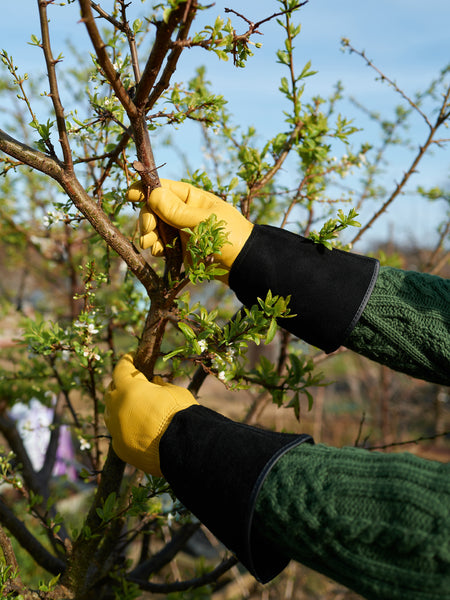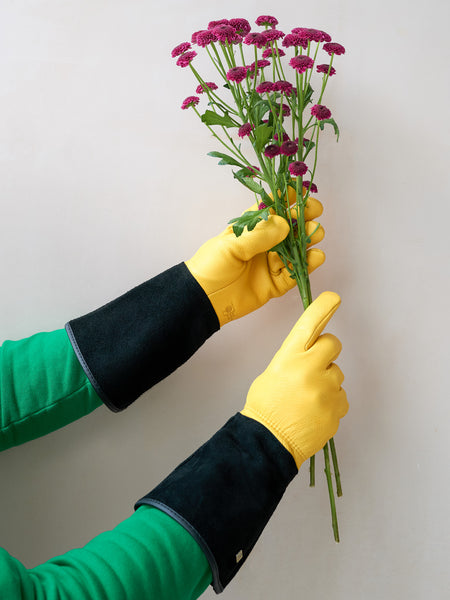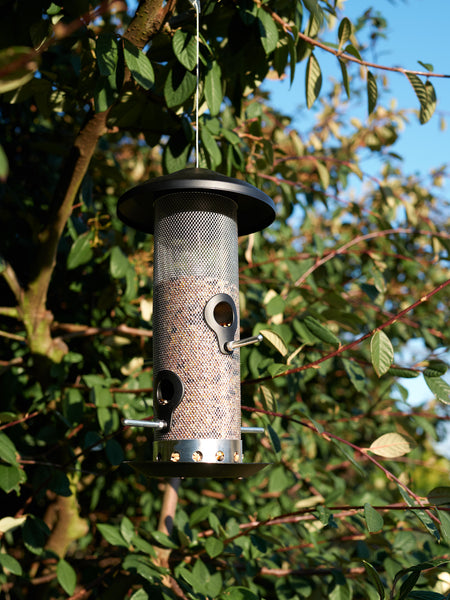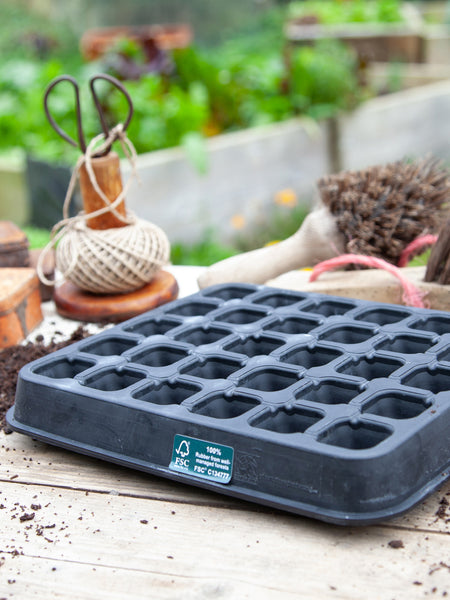Kew Pollination Collection Wild Teasel
£3.99
Tall, spiky stems topped with cones of purple-pink flowers are a magnet for bees and other insects.
A native wildflower, Dipsacus fullonum is commonly found in grassy countryside verges and bordering the margins of fields. As the blooms fade, the seedheads provide a source of food for birds, especially goldfinches. They are also wonderful for adding to dried flower arrangements. For the best effect, allow teasel to self-seed creating naturalistic drifts.
- Sow February to June
- Height: 150cm. Spread: 45cm
- 1 packet contains approximately 100 seeds
- Plant in sight of windows so that you can enjoy watching the birds tease the seeds from the seedheads over winter
I aim to pick and pack your order within 24 hours of receipt and you should expect your parcel to arrive within 3–5 working days under normal circumstances. Orders placed on a Friday may not be sent until the following Monday. All delivery charges are calculated and displayed at the checkout.
- If your order can safely be sent in an envelope or small parcel, it will be sent by Royal Mail via a tracked service for £3.50. This doesn't require a signature but does let you know where your parcel is.
- Larger orders will be sent either with Royal Mail or a premium courier service for £4.95. Tracking details will be sent via SMS and/or email, if these contacts are provided.
- Extra large or heavy items will be sent for £20 via a premium courier service with tracking provided. Delivery is normally the next working day after dispatch.
- For deliveries to Northern Ireland, the Isle of Man, Channel Islands and international addresses, please drop me a line at atyourservice@dancoopergarden.com letting me know where you are in the world and what you'd like to purchase. I will check the items are allowed to be shipped to your location and get a cost for your approval.
Should you need to return an item, drop me a line at atyourservice@dancoopergarden.com within 14 days of receiving your purchase, providing your name, order number and the reason for your return. I will let you know how to return your item.
Please visit my Delivery & Returns page for more detailed information.
Sow February to June onto the surface of a good, free-draining, peat-free seed compost. Cover with a very fine sprinkling of compost or vermiculite. Place the seed tray in a propagator or seal it inside a polythene bag at a temperature of 15-20C until after germination. Thus may take 1-3 months. Do not exclude light as this helps germination. Transplant seedlings when large enough to handle into trays or 7.5cm pots. Gradually acclimatise young plants to cooler conditions before planting them in borders in sun or partial shade. Grow teasel plants in any fertile, moist soil, including heavy clay.
Water regularly until fully established. Dipsacus fullonum will self-seed freely. If seedlings are not wanted, deadhead the stems as the blooms fade. However, this does slightly defeat the object of growing it in the first place.
Allergens
A great many of our favourite garden plants can be harmful if eaten or handled without gloves. This is rarely a cause for concern but it's always good to know what you are dealing with.
Handling teasel may cause skin irritation. The stems are sharp and spiny and may scratch you. Wear gardening gloves as a precaution.










